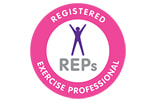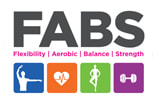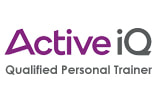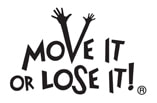|
Next month a very special health and wellbeing event is being held at the Bourne Corn Exchange and Smart Fitt is going to be there to share how exercise and a healthy lifestyle can help our wellbeing. Everyone is welcome to come along and find out about the many local businesses and organisations that are on hand to help you with your health and wellbeing. From exercise classes such as Move It Or Lose It, Tai Chi and dance to singing and mindfulness - you’ll be able to take part in taster sessions and maybe discover a new favourite class to add to your calendar! Lots of Classes to Try! ● We are Undefeatable - Move To Your Mood - Feeling Energised ● Bourne Tuneless Choir ● Tai Chi ● Move it or Lose it (12:45pm-1:00pm) ● Over 60's Dance ● Balance and Coordination - Leisure SK ● Mindfulness Meditation - LeisureSK The whole day is packed out with inspiring wellness classes run by local organisations and is a great opportunity to ask any questions you might have about health and wellbeing. The event is completely free and refreshments are provided. Spaces are limited for each session so make sure you arrive early to secure your spot. If you are planning to take part in any of the activities it is recommended that you wear comfortable clothing that you can move around in and suitable footwear.
Event Details: Date: 26th September 2023 Time: 10am - 3pm Location: Bourne Corn Exchange, PE10 9EF Cost: Free If you would like any more information about this event or any of our classes at Smart Fitt, then please contact Amanda.
0 Comments
If you’d like to know more about the buzzwords “active ageing” and what it means – read on! It’s the concept of enhancing opportunities to enable people to be active, happy and healthy later in life. Exercising into your latter years has numerous health benefits. In fact, one study found that those who engage in at least three hours of recreational sport a week for 10 years between the ages of fifty and sixty could increase the life expectancy of formerly sedentary individuals.
Julie Robinson, optimal ageing expert and founder of fitness initiative, Move It or Lose it, explains. “People are living longer than ever before and because of this, attitudes towards ageing are changing. It is no longer expected that you slow down in your later years. And, in fact, the opposite is now being promoted. It’s great to see such a positive shift in messaging and with musculoskeletal conditions being the leading cause of disability in the UK, it’s never been more important for people to prioritise joint health and keep active at any age.” Hormonal Changes Although numerous studies have concluded that physical activity is a key contributor to longevity, you should ensure you’re exercising in accordance with your age and ability. A routine which worked in your twenties may no longer be suitable. So what exactly should someone over the age of fifty be doing to keep fit? Whilst younger adults often go straight into high-intensity workout routines which can run the risk of injuries, older adults have a natural decline in bone health and muscle mass. There’s also hormonal changes for women to contend with. Unfortunately, many women find their joints suddenly become stiff and painful during perimenopause and menopause, which inevitably deters a natural desire to keep fit. Interestingly, joint pain affects as many as 40% of all menopausal women and joint stiffness is the most common contributor to impairment of quality of life and work in women of a menopausal age. Active Ageing Julie Robinson comments: “Joint pain may not subside when hormones level out after the menopause. But there are many lifestyle changes that can help ease the pain and prevent it from getting worse. Commonly affected joints include the knees and hips so be sure to implement some specific exercises to support these areas. Walking is a great low-impact exercise which supports both the knees and hips. Walking helps to keep the joints flexible and strengthens the surrounding muscles.” Julie also recommends tailoring your fitness routine to incorporate both low-impact exercises and strength training. “If you’re over fifty, try to tailor your exercise regime to accommodate for natural changes in joint health. I’d even recommend adding in gentle strength training to help build up lost strength from an age-related decrease in muscle mass. Weights can often feel intimidating but start off small and go at your own pace. Research suggests that when done regularly, strength training can help preserve bone density, independence and vitality.” Help Relieve Discomfort Staying active in your later years is imperative to help prevent physical decline. However, for the 20 million people in the UK suffering with a musculoskeletal condition such as arthritis, keeping up with a substantial exercise routine is not always possible. Julie says, “Although I’m an advocate for active ageing, conditions such as arthritis can have a great impact on our desire to exercise. Pain and discomfort often accompany chronic health conditions, with many believing that exercise will exacerbate symptoms. In fact, keeping active can actually help relieve discomfort by reducing joint pain whilst increasing strength and flexibility. For those looking for additional support, joint movement may be made easier through the addition of a clinically backed supplement, such as GOPO® Joint Health which in numerous studies has been shown to reduce joint pain and stiffness.” Credits: Author Yvonne McKenzie and Magazine The People's Friend Research by Sport England shows significant reduction in physical activity among the older (75+) population since the pandemic began. In fact, their data suggests up to 49% of the over 75’s are inactive.
This is a worrying trend given how important exercise is for our physical and mental well-being, especially as we age. How our bodies change as we age:
How exercise benefits the ageing body: Strength Training
Group Exercise There can be no doubt that exercising in a group is one of the best ways to enjoy more exercise:
It’s never too late to make a positive change to your lifestyle, starting out slowly with a daily walk and some gentle strength exercises can make a big difference to your mobility and strength. Joining a class such as Move it or Lose It is a great way to get into regular exercise without putting unnecessary pressure on your body. As with all exercise it’s important you check with your doctor before starting anything new, especially if you haven’t exercised in a long while. |
Archives
August 2023
Categories
All
|

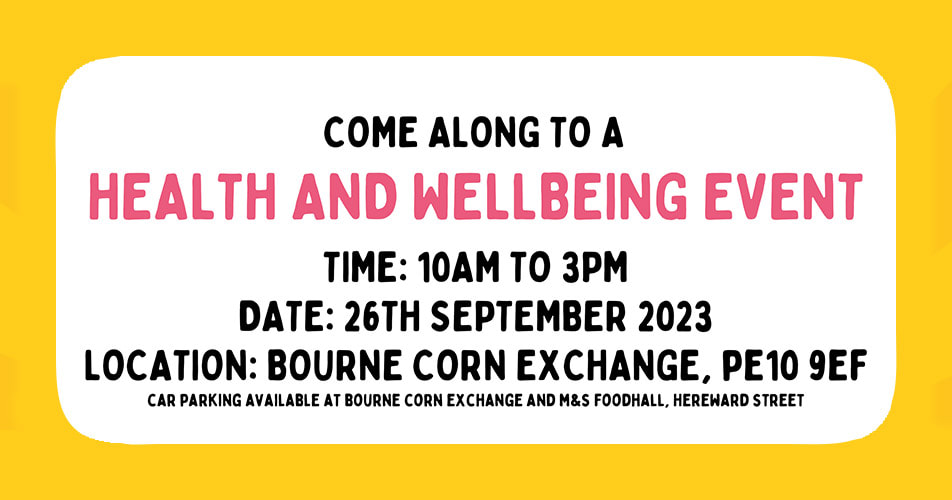
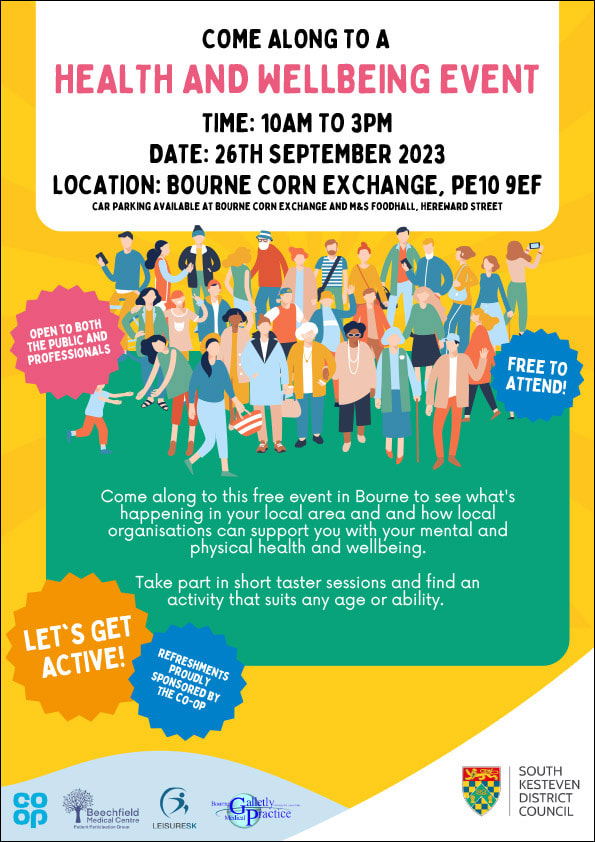
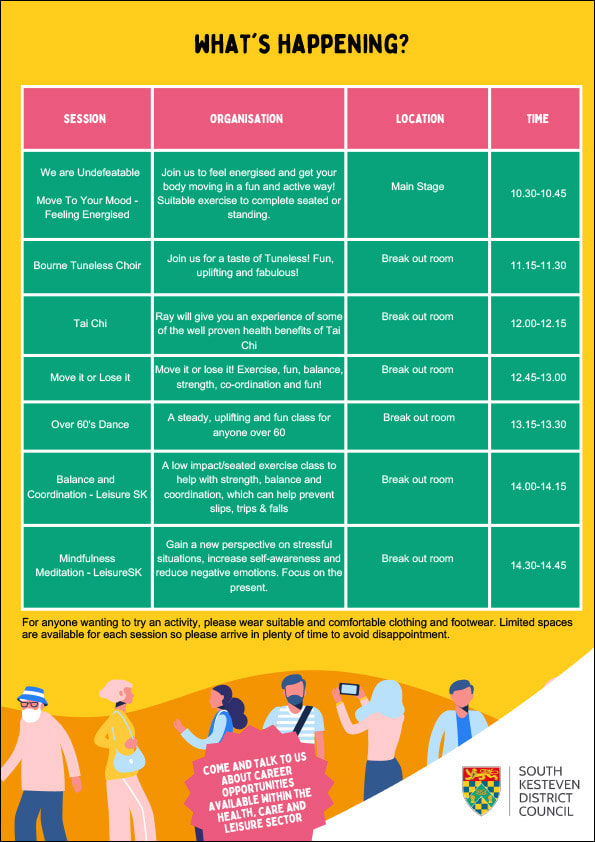
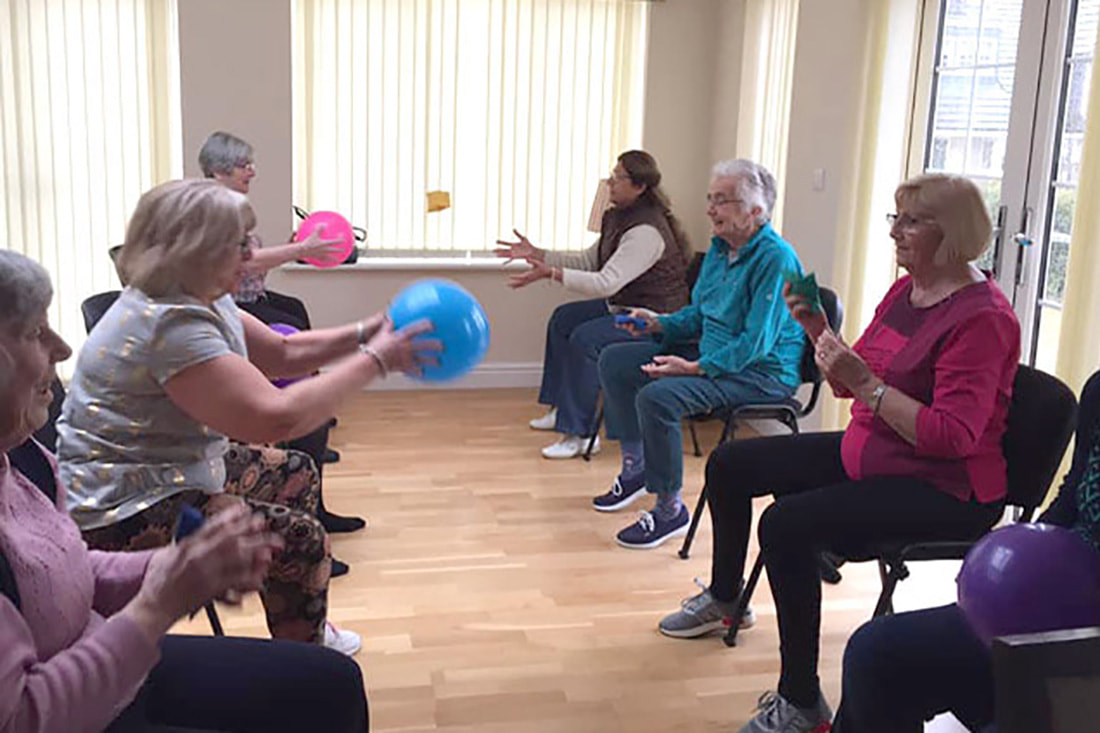
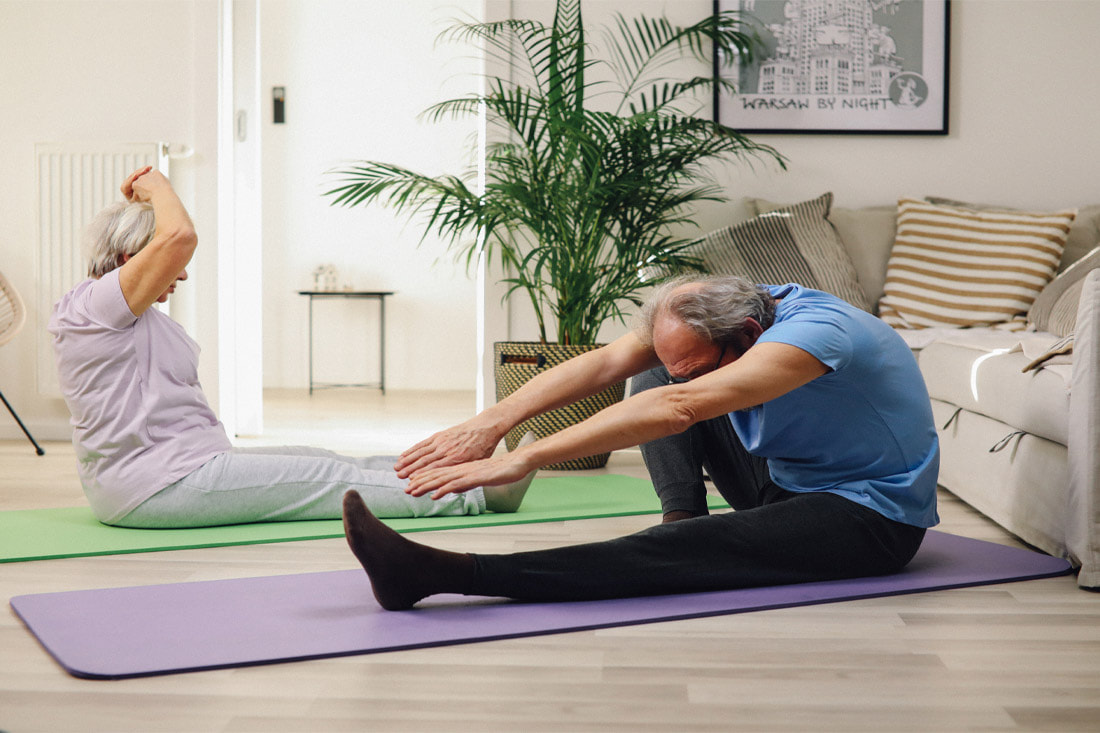
 RSS Feed
RSS Feed
